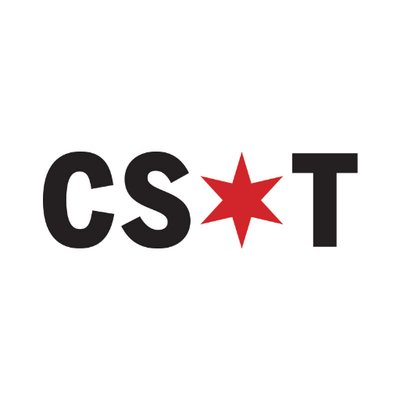



Closing arguments are set to begin Wednesday in the perjury trial of a longtime top aide to former Illinois House Speaker Michael Madigan.
Jurors in the trial of Tim Mapes have listened to 18 witnesses and heard numerous recordings over two weeks. Now, lawyers in the case have one more chance to make their pitch before the jury decides whether Mapes lied to a federal grand jury and tried to block the feds’ aggressive Madigan probe.
The jury could begin deliberating by the end of the day.
Mapes, who chose not to take the witness stand, will be the seventh person this year to have his fate placed in the hands of a jury as a result of public corruption work by the feds.
Mapes is accused of lying on seven specific occasions to the grand jury on March 31, 2021, about work done for Madigan by fellow Springfield insider Michael McClain. Mapes is also charged with attempted obstruction of justice.
McClain was convicted along with three others earlier this year for conspiring to bribe Madigan. He also faces trial in April with Madigan in a separate case in which they are each charged with a racketeering conspiracy.
Testimony in Mapes’ trial ended Tuesdayafter Mapes’ defense lawyers summoned four witnesses to the stand. They called Mapes’ wife, Bronwyn Rains; human memory expert Dawn McBride; private investigator David Hodapp; and former Democratic Party of Illinois staffer Emily Wurth.
Mapes spent two decades as Madigan’s chief of staff. But Madigan forced Mapes to resign in June 2018 over bullying and harassment claims. Rains told jurors on Tuesday that her husband then “became very sullen. Very depressed. Isolative. Appeared as if he was lost. He spent much time in our — in fact, he spent all of his time — in our furnished basement, sitting in the dark.”
She also said Mapes’ energy level went from “high” before he quit to “low-to-non-existent” afterward. She said his mood continued for months, and he wound up with a part-time job servicing trucks for UPS.
During Wurth’s testimony, defense attorneys played a recording in which McClain told her, “I can’t tell you how important you are to the speaker.” Wurth told jurors that she took it as a compliment but “I did not need McClain to validate my relationship with the speaker.”
Rather, she testified that she had direct access to Madigan, much like Mapes once did. In opening statements, Mapes defense attorney Katie Hill argued that people in such a position did not need to rely on the Springfield “folklore” that McClain carried messages and performed tasks for Madigan.
Hill’s co-counsel, Andrew Porter, asked Wurth on Tuesday whether she was “aware of whether Mr. McClain did any tasks or assignments for Mr. Madigan?”
“I don’t remember that he did tasks or assignments for the speaker,” Wurth testified.
But the testimony of Rains and Wurth seems to be contradicted by the evidence laid out earlier by prosecutors. State Rep. Robert “Bob” Rita testified that he couldn’t think of anyone closer to Madigan than McClain or Mapes. FBI Special Agent Brendan O’Leary explained that that was why investigators were so interested in hearing what Mapes would tell the grand jury.
The feds laid out evidence that Mapes kept track of the burgeoning Madigan investigation, undermining the notion that he could have been caught off guard by questions in the grand jury. Additionally, jurors saw emails sent by McClain when sexual harassment complaints against a top Madigan political aide rocked Madigan’s organization in 2018.
Mapes was among the recipients.
Finally, there were the numerous wiretapped phone calls of McClain’s that seemed to directly contradict Mapes’ testimony.
